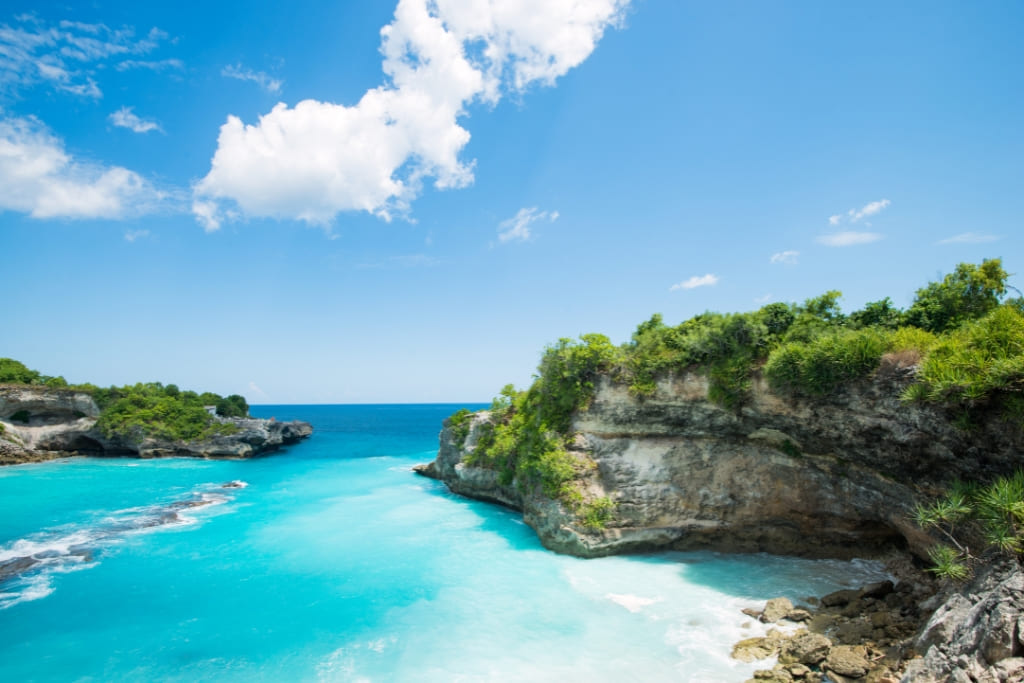Embracing Sustainability in Bali: A Vision for Eco-Friendly Tourism
Bali, famously known as the “Island of Gods,” is a stunning tourist haven cherished for its breathtaking landscapes and vibrant cultural heritage. However, as tourism flourishes, Bali grapples with the pressing task of harmonizing the demands of travelers with the need for environmental preservation. In response, the island is embracing sustainability, focusing on both conserving its natural resources and fostering responsible tourism.
Environmental Challenges in Bali
As tourist numbers have surged in Bali, so too have the environmental pressures. One of the most visible problems is plastic pollution, particularly along the coastlines. Every year, an alarming amount of waste generated by tourism contributes to littering Bali’s beautiful beaches and polluted waters. Sadly, Indonesia ranks among the world’s largest contributors to plastic waste, and Bali is one of the most affected regions.

Marine ecosystems face serious threats as well. The vibrant coral reefs that once flourished around Bali are deteriorating due to pollution, irresponsible tourism practices, and unchecked coastal development. Activities such as snorkeling and diving often lack sufficient regulatory oversight, exacerbating the strain on these delicate underwater environments.
Additionally, Bali’s demand for clean water is growing rapidly, predominantly driven by tourism. This increased demand has led to over-extraction of groundwater, resulting in saltwater intrusion and jeopardizing the future availability of freshwater for both local inhabitants and agricultural endeavors.
Nature Conservation Initiatives in Bali
-
Plastic-Free Campaigns
In 2019, Bali’s government initiated a significant move by banning single-use plastics, including bags, straws, and styrofoam. This policy aims to mitigate the plastic pollution that threatens both land and sea. -
Coral Reef Restoration
Numerous local communities and organizations, such as Reef Check Indonesia, are dedicated to revitalizing Bali’s coral reefs. Notably, in Pemuteran, locals and environmentalists have taken the initiative to plant artificial reefs to rejuvenate damaged marine habitats. -
Mangrove Forest Rehabilitation
Mangrove forests are crucial for shielding Bali’s coastlines from erosion and providing habitats for a diverse array of species. Restoration projects are underway in locations like the Ngurah Rai Grand Forest Park and Suwung to revive these vital ecosystems.

Sustainable Tourism in Bali
-
Eco-Friendly Hotels
A growing number of hotels and villas in Bali are embracing eco-friendly practices, such as utilizing renewable energy, implementing waste management solutions, and adopting energy-efficient architectural designs. Noteworthy examples include Eco Bali Retreats and Green School, which champion sustainability. -
Educational Tourism
Tourists can engage in learning about conservation and sustainability through various programs, including zero-waste workshops, educational mangrove tours, and cultural courses that emphasize environmental stewardship. -
Supporting Local Products
Traditional markets and artisan communities in Bali allow tourists to interact with the local economy. By purchasing items like handwoven fabrics, bamboo crafts, and organic produce, visitors can positively impact the social fabric of the island.
Local Community Participation in Sustainability
-
Local Customs and Traditions
The Balinese way of life is deeply rooted in the Tri Hita Karana philosophy, which promotes harmony among people, nature, and spirituality. This value drives many local sustainability initiatives. -
Community Movements
Groups like Bali WISE and Bye Bye Plastic Bags actively engage locals, particularly youth, in reducing plastic waste and fostering eco-friendly habits.
The Role of Tourists in Supporting Sustainability
Tourists have a vital role to play in promoting sustainability in Bali. Simple yet effective actions include:
- Minimizing the use of single-use plastics.
- Opting for accommodations and services with eco-certifications.
- Supporting local businesses by purchasing traditional goods.
- Adhering to tourism guidelines that prioritize environmental protection.

Conclusion
Building a sustainable future for Bali is a shared responsibility—it requires the commitment and collaboration of the government, local communities, tourists, organizations, and the private sector. Through concerted conservation efforts and the promotion of sustainable tourism practices, Bali can continue to shine as a beloved destination, all while safeguarding its remarkable environment and culture.
With united efforts, Bali has the potential to become a leading model for balanced, environmentally conscious tourism practices worldwide. Indeed, the Island of Gods is not just meant for the present, but for generations yet to come.


